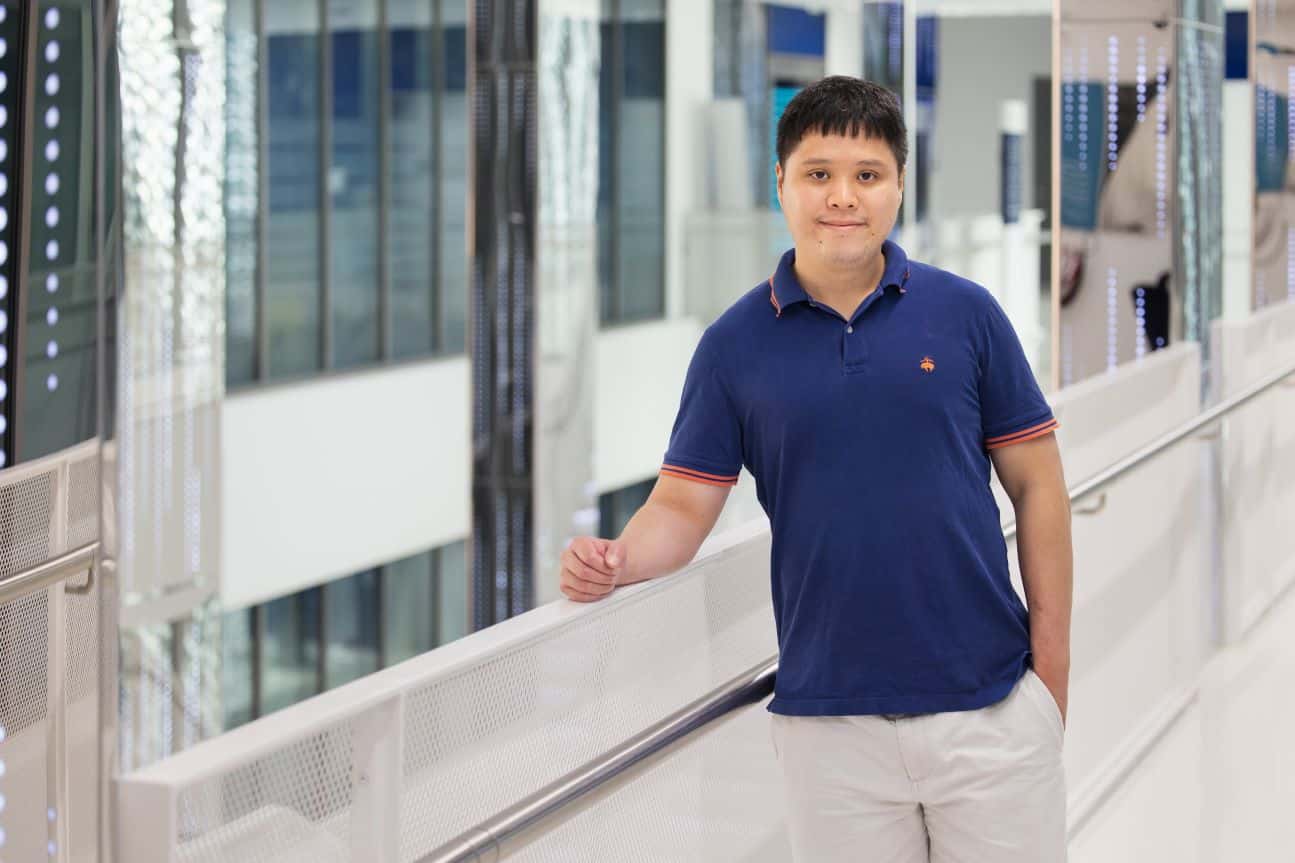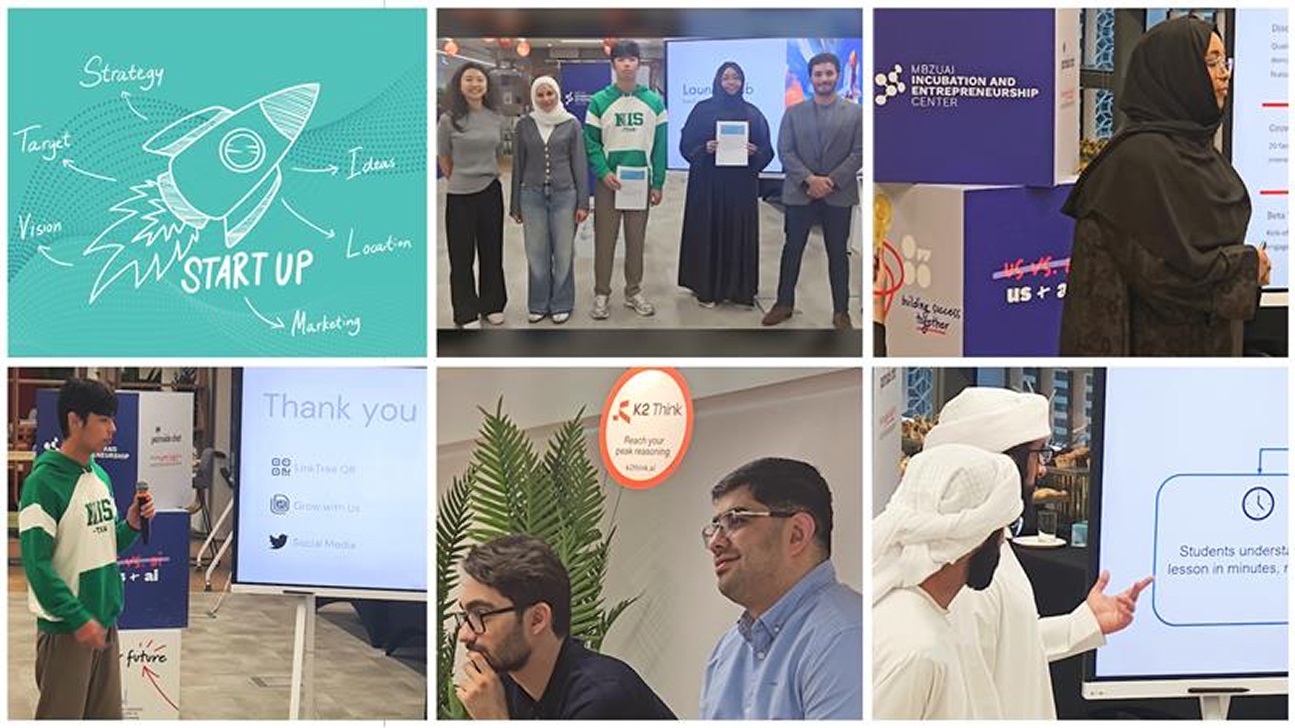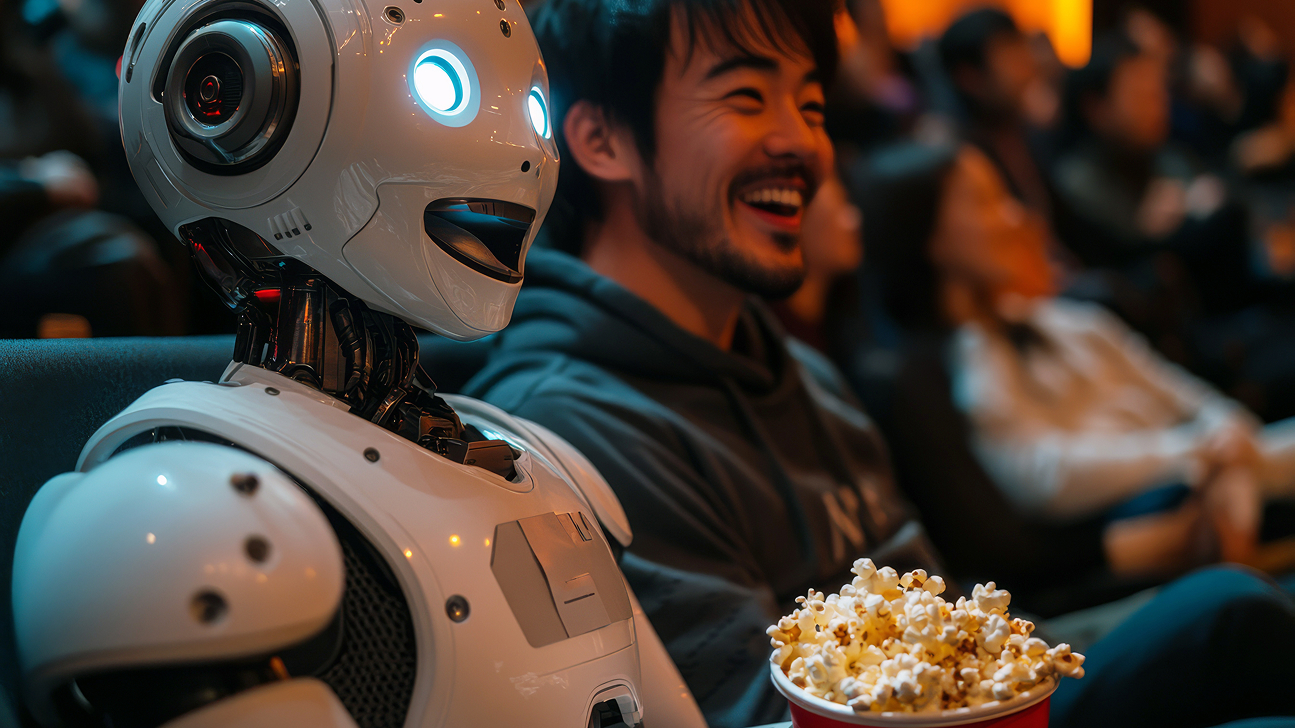Inspiring the next generation of machine learning systems graduates
Monday, December 20, 2021

Dr. Qirong Ho brings his passion for machine learning systems to Mohamed Bin Zayed University of Artificial Intelligence (MBZUAI) as one of its new assistant professors in machine learning. Ho hopes to inspire existing and new students to follow his career path into this important area of AI. “Currently, there are few machine learning systems researchers in the world, who build the software that’s essential for AI to complete its journey from lab prototypes to real products,” Ho said. [wps_pull-out-quotes-left content=”I want to do something different—to add AI systems knowledge to students’ repertoires, so they can choose to start their own AI companies like I did.” surname=”Dr. Qirong Ho” source=”MBZUAI Assistant Professor of Machine Learning”][/wps_pull-out-quotes-left]“I’ve been working in this field since its early days back in the 2010s. But even now, a lot of folks get excited about working on the latest algorithms and models. It’s doubtlessly an important part of creating AI, but it’s also not enough to turn AI into a reality. For that, you also need compatible AI software systems to standardize those algorithms and models, so they can be turned into products. Yet, interest in AI systems hasn’t been nearly as high – which creates an imbalance of skills in the AI economy, like a car with flat tires on one side. That’s one reason why I’m coming here to MBZUAI to foster the next generation of systems researchers.”
“These machine learning systems are reusable software components in what my friends and I call the industrialization of artificial intelligence,” Ho said. “The goal is for AI to be commonplace. To do this, it’s about giving people access to the tools needed to create AI applications in a reliable and repeatable way—as steady and predictable as an assembly line, where experts with different specializations can focus on their own piece, instead of trying, usually without success, to master every piece on their own.”
MBZUAI is committed to expanding its machine learning department and capabilities, and is finalizing its Centre for Integrative AI, which Ho is an acting manager of.
“I’ve seen many students come in with the mindset of ‘I’m here to learn AI algorithms, models and data science, because that’s what I’ve been hearing in the news and social media’,” Ho said. “Fewer people will stop and think, ‘Could there be bigger, better career opportunities in AI systems and AI software engineering?’ I’m here to inspire that mindset, to help students think ‘What are all the pieces I need to make that jump from AI prototype to AI product?’ That’s because I’m worried that students will graduate with imbalanced skills that only let them slot into larger organizations, places that already had a strong base of researchers and software engineers. I want to do something different—to add AI systems knowledge to students’ repertoires, so they can choose to start their own AI companies like I did.”
Ho is co-founder and chief technology officer (CTO) at Petuum Inc., an AI startup recognized as one of the World Economic Forum’s Tech Pioneers. He co-founded Petuum with MBZUAI President Eric Xing and the company aims to create the standardized building blocks for assembling AI affordably and sustainably.
Ho is passionate about enabling and encouraging students to create their own startups. He is also a huge supporter of open-source platforms such as Composable, Automatic and Scalable ML (CASL) open-source consortium, which he is a technical committee member of. He holds a Ph.D. in ML from Carnegie Mellon University.
“A great way to help the world make beneficial AI a reality, is to produce AI software tools that others can use,” Ho said. “I want to help grow a software-oriented culture here, which gives students a more holistic research outlook. They’re not just looking to publish papers, but want to make a broader impact by building AI systems, making them available through open source, and nurturing their community of users.”
Ho believes MBZUAI can do this and support budding entrepreneurs by building an AI open source economy and community.
“The young folks can quickly start their careers by having a base of software to build off,” Ho said. “And because it’s open source, it’s shared by the community, helping everyone to win. I hope that these tools will give students a leg up in taking their AI ideas into production, going through the startup and commercialization journey, helped by a supportive government and a top-class university environment. It’s this trifecta – of startups, universities and government—that’s the rich soil that births our next AI success story.”
- machine learning ,
- ho ,
- open source ,
- CIAI ,
- AI operating systems ,
Related
When AI learns to listen: how researchers are decoding baby cries to help new parents
An AI-powered app trained on more than 1,000 baby cries aims to reduce stress for new parents.....
- startup ,
- entrepreneurship ,
- IEC ,
- human-centered AI ,
- AI for good ,
- incubation and entrepreneurship center ,
MBZUAI's Launch Lab equips alumni and students with practical startup tools
The six-week pilot program brought alumni and students together to turn early startup ideas into tangible ventures.
- launch lab ,
- alumni relations ,
- startups ,
- alumni ,
- entrepreneurship ,
AI and the silver screen: how cinema has imagined intelligent machines
Movies have given audiences countless visions of how artificial intelligence might affect our lives. Here are some.....
- cinema ,
- art ,
- fiction ,
- science fiction ,
- artificial intelligence ,
- AI ,


